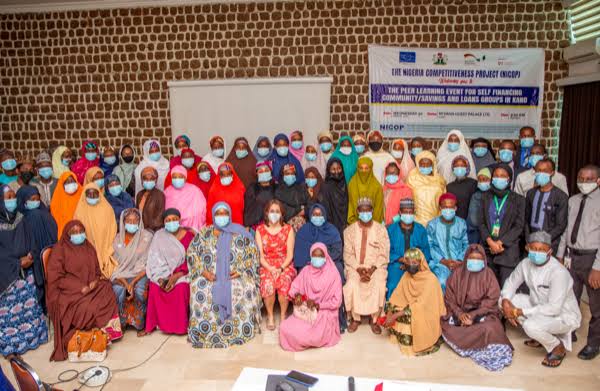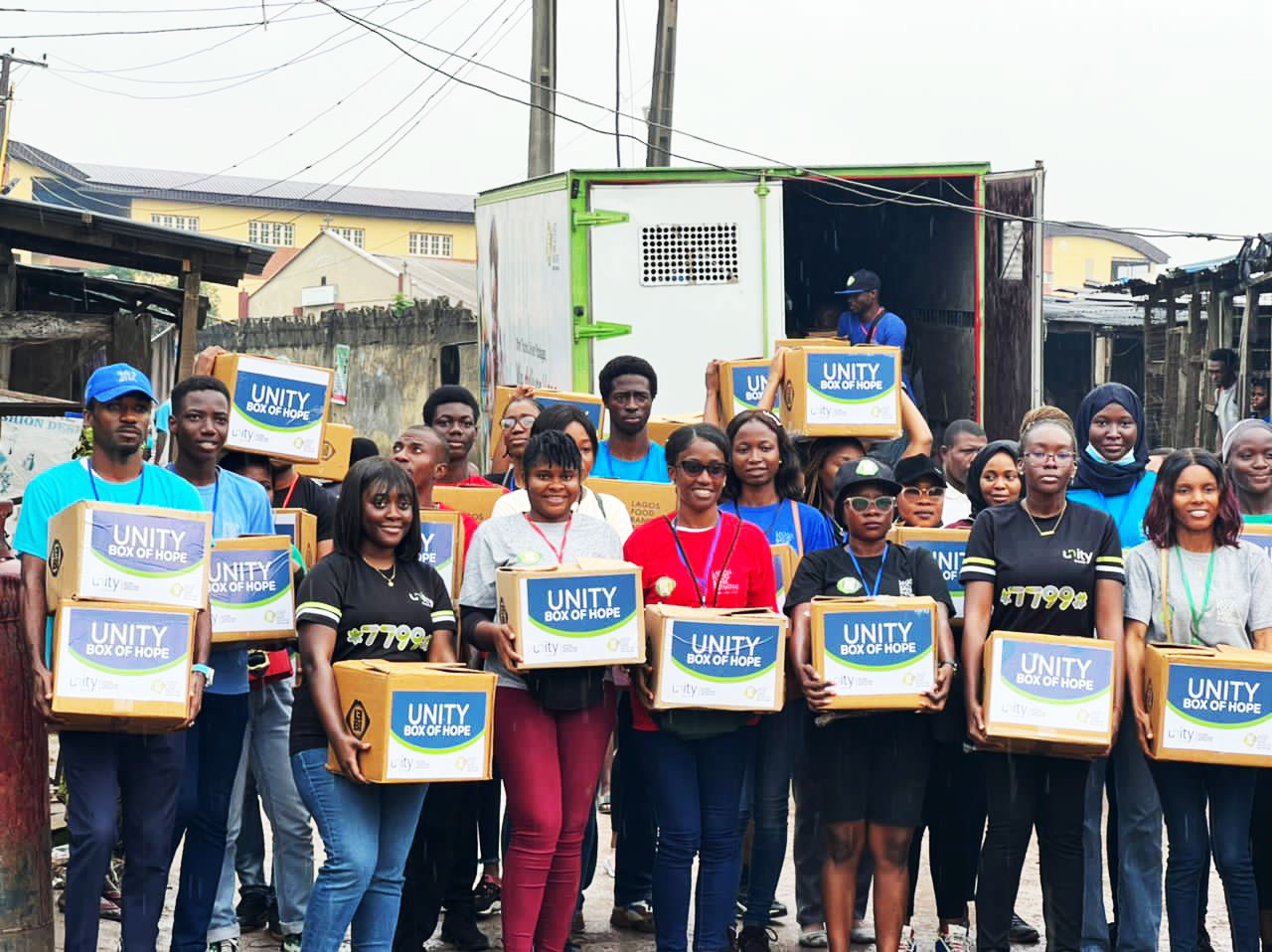Nigeria – The Special Advisor on Innovative Success of Finance & Investment for Value Chains, Nigeria Competitive Project (NICOP), Ana Garcia Vinambres has disclosed, NICOP had prepared a loan of N519 million for 5,500 recipients in Lagos and five other states to benefit to add value and elevate to a new and higher level in the production of tomatoes, ginger, chillies, leather, and clothing.
At yesterday’s NICOP learning and engagement for stakeholders, she made this statement. She stated that Phase Two of the NICOP project, which supports important value chains in the states of Lagos, Ogun, Oyo, Kaduna, Kebbi, and Plateau, will get an additional $1 billion funding from the European Union (EU).
Vinambres further said that over 1,900 of the beneficiaries are micro, small and medium enterprises and artisans, with 36 per cent women who have been supported with training tailored towards improving finished products.
According to her, 100 per cent of the beneficiaries in Lagos and Kaduna under the project got access to loans.
She added that the policy circle in Nigeria is not inclusive and stimulating to trade.
“NICOP has successfully introduced innovation across value chains and interventions to improve the impact of its interventions and enhance its sustainability and scalability.
“Among other impacts, the support of the project has also resulted in almost 120 per cent increase in yield for the farmers and improved quality of finished products in the leather and garment value chains.
“The impact of the project on gender mainstreaming is evident as 67 per cent of beneficiaries trained in entrepreneurship are women and 100 per cent of beneficiaries accessing loans in Lagos and Kaduna and 60 per cent in Kano states are women.
“Over 24,000 hectares of land are being managed by NICOP beneficiaries and over 261,000 tonnes of tomato and ginger have been harvested,” she said.
She noted the NICOP is a four-year project Inaugurated by the German BMZ and co-funded by the European Union under the West Competitive envelope being implemented by the GIZ pro-poor growth and promotion of employment in Nigeria programme.










